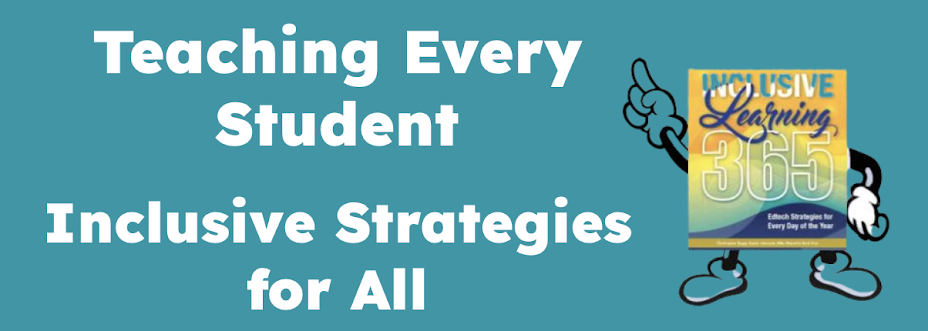I find that schools are not only more compassionate but they are also more willing to remediate and accommodate for reading difficulties than for output difficulties. In both areas, the use of assistive technology can make all the difference in the world for both remediation and compensation - using bypass strategies to help students overcome tasks that are challenging due to learning style differences.You said something that, as an editor, I really liked: "Writing is the largest orchestra a kid's mind has to conduct."
Levine: Right, because writing combines so many different brain functions: language, memory, motor function, the ability to generate ideas, the ability to understand and apply rules, the ability to organize. You can make a long list of the different functions that have to flow together on paper.
That's why kids shouldn't perceive writing as an emergency procedure. Ernest Hemingway once said, "Writing is rewriting."... A lot of time, kids perceive writing as a crisis. It shouldn't be speed writing. It should be thoughtful writing.
Schools are much more compassionate when it comes to children with reading problems than they are when it comes to helping kids with output problems.
What is your experience? Are you as willing to accommodate for output issues as for reading issues?

No comments:
Post a Comment